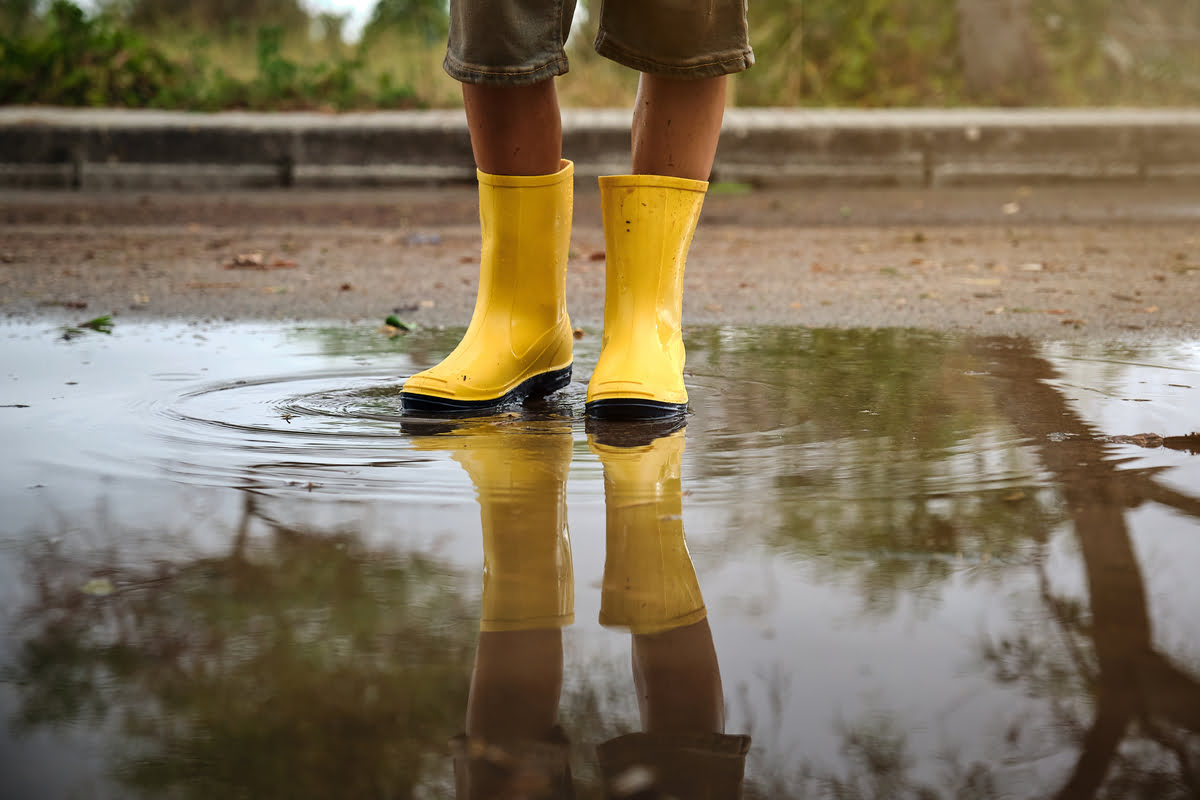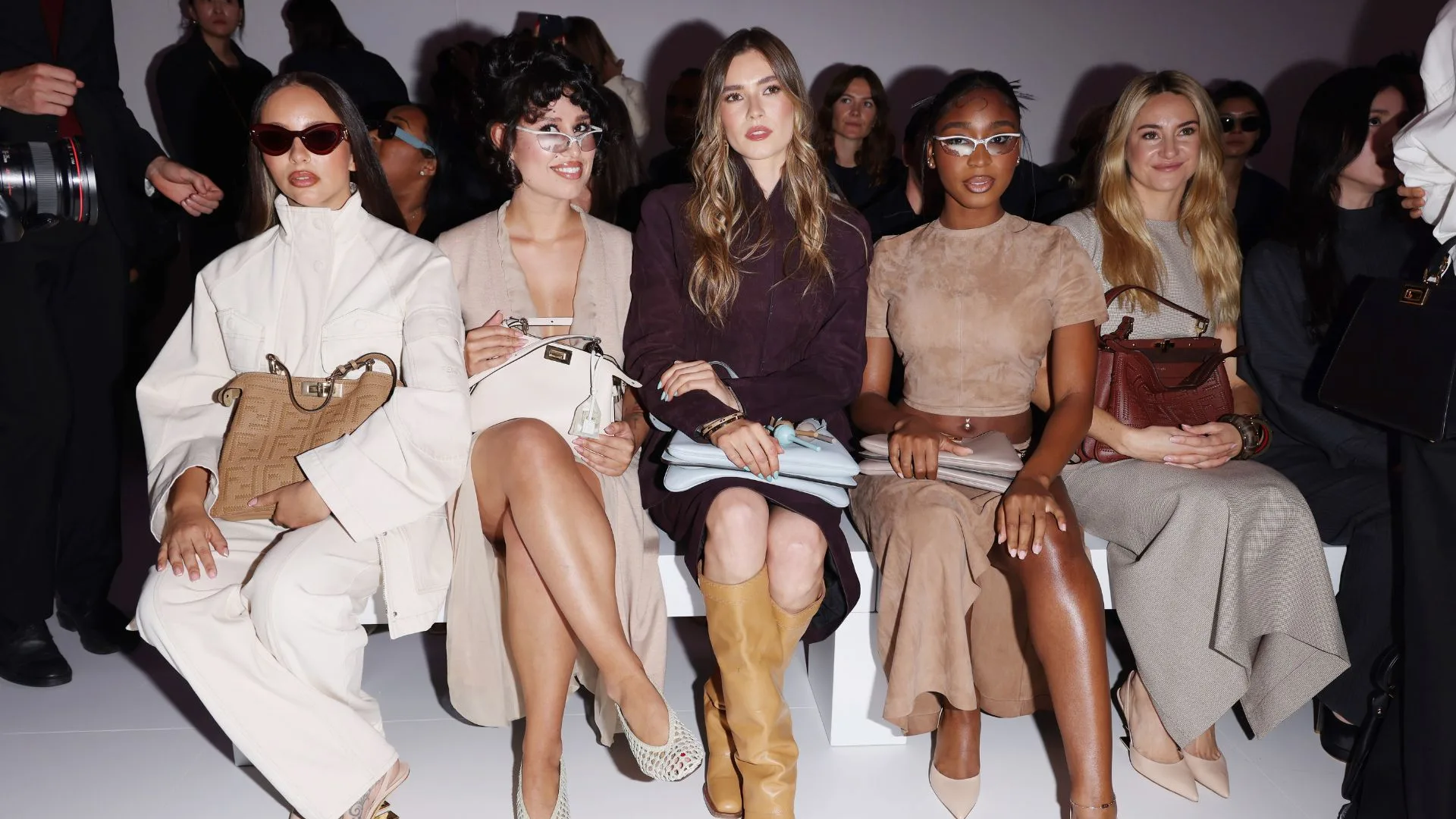Farfetch, the luxury platform that includes a marketplace, brand accelerator New Guards Group, a white-label tech solutions provider and more, beat analysts’ estimates in the fourth quarter of its 2021 fiscal year, with a loss of 3 cents per share on $666 million in sales, up 23 percent from a year earlier. The company also said that it was profitable on an adjusted-EBITDA basis for the full year for the first time in its history. Shares rose by as much as 40 percent — to $21, up from $15 — in after-hours trading on Thursday.
On a call with investors, chief executive José Neves laid out his 2022 vision for capturing more of the $300 billion market for personal luxury goods.
Like many e-commerce players, Farfetch is working to reduce its reliance on discounting, with full price sales increasing 33 percent year-over-year, and 118 percent from 2019. The company’s early moves in China are also paying off, with 10 percent of its gross merchandise value in the market now coming from its deal with Alibaba’s Tmall. On top of selling fashion through its marketplace and e-concessions, Farfetch is also increasingly becoming a place where brands pay money to advertise, driving sales through its custom marketing campaigns. And it’s further establishing itself in the resale market through its late-2021 acquisition of resale-tech service Luxclusif.
Neves estimated that the market for luxury fashion and beauty will grow to $500 billion in the next several years, with 30 percent of sales generated from e-commerce by 2025, even as online spending growth decelerates in the late stages of the Covid-19 crisis. Farfetch is already double the size that it was pre-pandemic. What else is it doing to grab more of the pie?
YNAP-Farfetch Mashup Still in the Works, But Not Finalised
Neves said that while Richemont and Farfetch are still in discussions to ink a broader deal that would include onboarding several of Richemont’s marquee brands onto Farfetch Platform Solutions — the company’s Shopify competitor for luxury — as well as a minority investment in e-commerce rival YNAP, the two companies have not yet reached an agreement. Both Richemont and Farfetch investors are in favour of the partnership, which would let the Swiss luxury group benefit from Farfetch’s superior tech, and help Farfetch gain more market share. However, “there is no new news,” Neves told BoF. “The negotiations continue.”
Beauty Coming in Q2
The company remains on track to launch its beauty channel in the first half of the year. That includes a marketplace, a beauty division of the New Guards Group and the integration of multi-brand player Violet Grey, which it acquired in January 2022. The focus will be on integrating beauty and fashion sales in a way that Neves said will be unique to the platform. Beauty will allow Farfetch to reach a wider, potentially younger customer base — one that makes repeat purchases — but may also bring down its average order value. The upside could be more important to investors if it does indeed work, however, it’s not a “slam dunk,” according to Bernstein analyst Luca Solca, as it requires the right mix of brands, marketing and product assortment.
The Reebok Opportunity
News that Farfetch entered a deal with licensing company Authentic Brands Group to manage Reebok’s retail, e-commerce and wholesale channels in Europe flew relatively under the radar this week. But Neves said that it could be a “multi-hundred-million-dollar” opportunity, calling the sneaker company “a sleeping beauty, very dormant under Adidas.” As indicators of the company’s strong hold on the streetwear market, he cited the collaboration between New Guards Group-managed Off White and Nike as well as Gap and Yeezy’s choice to host pre-orders for its Balenciaga collaboration on Farfetch.com.
He believes there’s a lot the company can do with Reebok, from brand partnerships to reissues of vintage styles.






